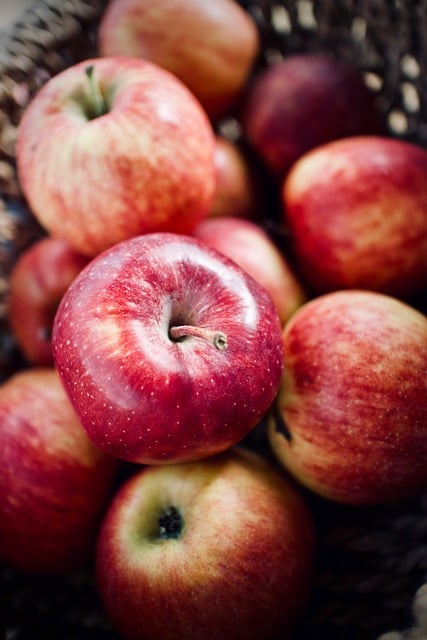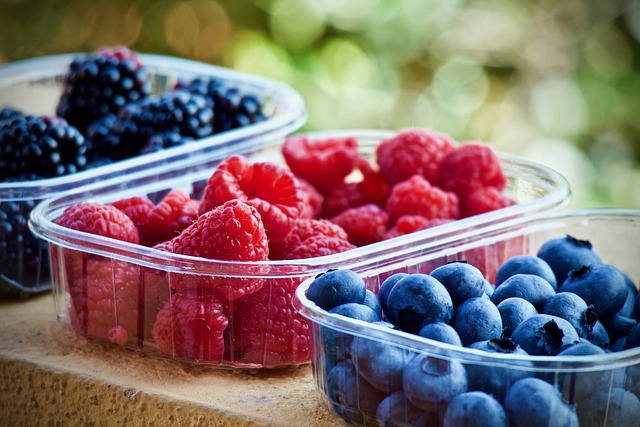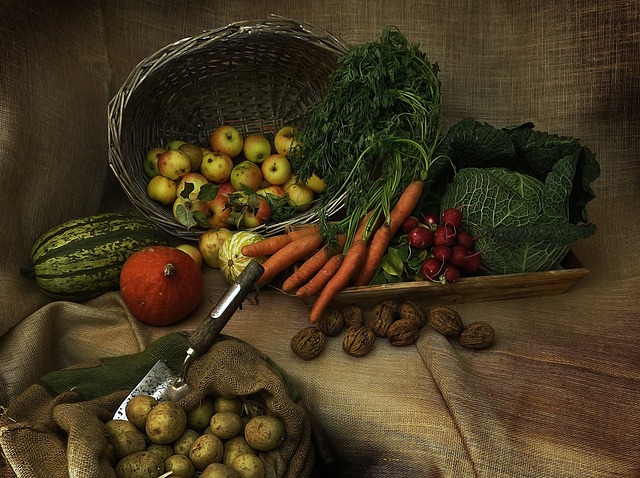6 Best Things to Include in Your Child’s Daily Nutrition for Growth
Discover the top six nutritional essentials that can supercharge your child’s growth and development. With these wholesome choices, you can support their physical and mental development and lay a foundation for a lifetime of health.
In today’s fast-paced world, providing our children with the essential nutrients they need for optimal growth can be a challenge. As parents, it’s easy to feel overwhelmed by the seemingly endless advice on what our kids should be eating. Yet, some fundamental foods have stood the test of time and science as cornerstones for supporting growth, cognitive development, and overall wellness. Here’s a breakdown of six powerful, growth-boosting foods that every parent can easily incorporate into their child’s diet.

1. Protein-Rich Foods for Muscle Growth and Development
Protein is essential for building and repairing body tissues, including muscles, skin, and organs. It also plays a crucial role in enzyme and hormone production, making it fundamental for energy and concentration. High-quality protein sources like lean meats, eggs, dairy, beans, and nuts provide the amino acids that kids need to grow and stay active.
For children, balancing the intake of animal and plant-based proteins can provide a diverse amino acid profile. Incorporating meals like a chicken and vegetable stir-fry or scrambled eggs on whole-grain toast are easy ways to boost their protein intake. Even a simple peanut butter sandwich or a smoothie with Greek yogurt can be a protein-packed snack to fuel their growth. Adding a variety of protein sources will not only enhance their physical growth but also help them maintain steady energy levels throughout the day, supporting focus and learning.
2. Calcium and Vitamin D for Strong Bones and Teeth
Calcium and vitamin D are the ultimate pairing for bone health, both of which are vital as children’s bones grow rapidly. Calcium, found in foods like milk, yogurt, cheese, and leafy greens, serves as the primary building block for bone structure. Meanwhile, vitamin D helps the body absorb calcium effectively, ensuring it reaches the bones. Foods like fortified milk, eggs, and certain fish provide vitamin D, while sunlight exposure also aids in its production.
For busy parents, ensuring kids get enough calcium and vitamin D can be as simple as including a yogurt-based smoothie in the morning or offering a glass of milk with dinner. If dairy isn’t an option, try fortified almond or soy milk, or calcium-fortified orange juice. These nutrients not only promote bone density but also support strong teeth and healthy nerve function, creating a solid foundation for growth.

3. Iron for Oxygenation and Cognitive Development
Iron is an essential mineral that helps red blood cells carry oxygen to various parts of the body. It’s especially important for children, as it plays a key role in cognitive development, energy levels, and overall growth. Iron deficiency can lead to fatigue, irritability, and developmental delays, making it a crucial component of a child’s diet.
Rich sources of iron include lean meats, beans, lentils, and spinach. To enhance absorption, pair iron-rich foods with a source of vitamin C, like oranges, strawberries, or bell peppers. For example, a meal of lean beef with a side of bell peppers or a lentil stew with tomatoes can deliver a substantial iron boost. Plant-based iron sources, such as leafy greens and legumes, are excellent options, especially when paired with citrus fruits to increase their bioavailability.
Incorporating these foods into your child’s meals not only fuels their physical activity but also supports brain development, aiding concentration and memory.
4. Healthy Fats for Brain Development and Heart Health
Healthy fats are critical for brain development, especially in the early years, as they help build brain cells and support cognitive function. Foods rich in omega-3 fatty acids, such as salmon, chia seeds, flaxseeds, and walnuts, contribute to improved memory, learning, and behavior. These fats also play a role in maintaining a healthy heart and reducing inflammation, which can benefit active kids.
Incorporate healthy fats into your child’s diet with meals like salmon and vegetable wraps or by adding chia seeds and walnuts to yogurt or oatmeal. Avocado toast or smoothies with a touch of flaxseed oil are also excellent, kid-friendly options. Healthy fats not only support brain and heart health but also provide a sustained energy source, helping kids feel fuller longer and maintain focus throughout the day.

5. Whole Grains for Lasting Energy and Fiber
Whole grains provide a steady release of energy, which is essential for active children. Unlike refined grains, whole grains retain the bran and germ, making them rich in fiber, B vitamins, and minerals like magnesium and zinc. Fiber aids in digestion and helps keep blood sugar levels stable, while B vitamins support energy metabolism, ensuring that kids have the fuel they need for physical and mental activities.
Introduce whole grains to your child’s meals by opting for brown rice, oats, whole-grain bread, or quinoa. A bowl of oatmeal in the morning or a whole-grain pasta dinner provides essential fiber and nutrients without the sugar spikes associated with refined grains. These foods help stabilize energy levels, preventing the mid-day energy crashes that often accompany sugary snacks.
6. Fruits and Vegetables for Vitamins, Minerals, and Antioxidants
No child’s diet is complete without a colorful array of fruits and vegetables. These natural powerhouses are packed with essential vitamins (like vitamin C and vitamin A), minerals, and antioxidants that protect against illness and support immune function. Fruits like berries, oranges, and kiwis offer high doses of vitamin C, which aids in tissue repair and strengthens immunity. Meanwhile, vegetables like carrots, spinach, and sweet potatoes are rich in vitamin A, promoting good vision and skin health.
To make fruits and vegetables more enticing, try blending a variety of them into smoothies, creating colorful salads, or baking veggie-based dishes like sweet potato fries. By incorporating a range of colors, from deep greens to bright oranges and reds, you ensure your child is getting a comprehensive range of nutrients. Not only do these foods support immunity and overall health, but they also lay a foundation for a lifetime of good eating habits.
A balanced and nutrient-rich diet doesn’t have to be complicated or time-consuming. By integrating these six core food groups into your child’s daily meals, you’re supporting their growth, enhancing their cognitive function, and building their resilience. Small changes in everyday meals can have a lasting impact on their health, shaping them into strong, happy, and energetic individuals.

